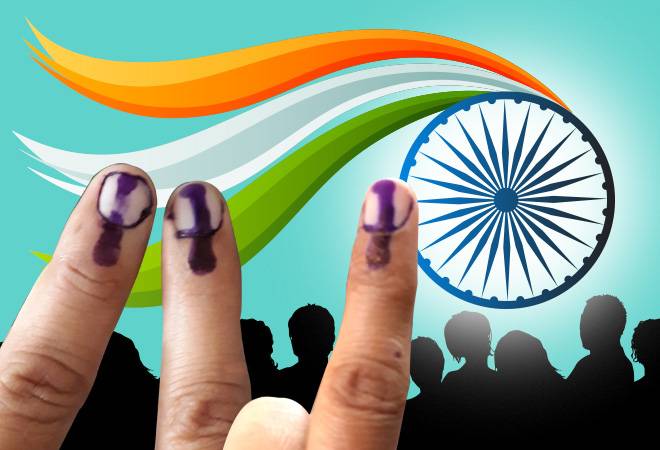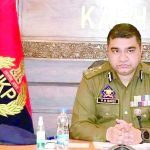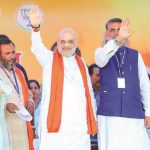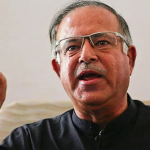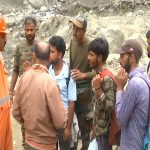23.27 lakh voters set to cast ballots across 24 Constituencies on Sept 18
Over 3,000 Polling Stations ready & 14,000 polling staff deployed
CCTV & GPS technology established to secure polling stations
Special Polling Stations established for Migrant voters
Rs 123.45 Cr in Cash & Goods seized
SVEEP program for voter education & participation
Srinagar, Sept 16: With the first phase of Jammu and Kashmir Assembly elections scheduled for September 18, extensive security and logistical arrangements have been made. A total of 24 Assembly constituencies will vote in this phase, with 23.27 lakh electors eligible to participate.
Meanwhile, campaigning for the first phase in 24 Assembly constituencies across seven districts of the Union Territory came to an end on Monday.
In preparation for the elections, 3,276 polling stations have been established across seven districts: Anantnag, Pulwama, Shopian, Kulgam, Doda, Ramban, and Kishtwar. This includes 302 urban and 2,974 rural stations. Each polling station will be staffed by four officials, including a Presiding Officer, totaling over 14,000 polling staff for the first phase.
The electorate for this phase comprises 11,76,462 male voters, 11,51,058 female voters, and 60 third-gender voters. Among them, 1.23 lakh are youth aged 18-19 years, 28,309 are persons with disabilities (PwDs), and 15,774 are elderly voters above 85.
Polling will be conducted from 7:00 am to 6:00 pm. Voting will continue beyond 6:00 pm if there are voters in line. Polling stations will be equipped with Assured Minimum Facilities (AMFs) such as drinking water, electricity, toilets, ramps, and furniture. Wheelchairs will be provided for those in need. Separate queues will be available for senior citizens and specially-abled persons. A voter help desk, managed by the Booth Level Officer (BLO), will offer assistance.
Voters have received information slips with details about polling stations, date, time, and their serial number. However, these slips are not valid for identity verification. Voters must present one of twelve acceptable identification documents, including Aadhaar cards, driving licenses, or PAN cards. Electoral Photo Identity Cards (EPIC) for new and updated voters have been dispatched by speed post. Voters can also use alternate documents from the approved list if they have not received their EPIC.
The Systematic Voters’ Education and Electoral Participation (SVEEP) program has been actively promoting voter education through various media, street plays, and social media campaigns. Special provisions for home voting are available for persons with disabilities and elderly voters above 85.
Over 1,600 journalists and media personnel have been issued passes to cover the polling process. All polling stations will feature CCTV cameras for live webcasting to control rooms established at District and Chief Electoral Officer (CEO) offices. Vehicles used in the election are equipped with GPS for tracking. In communication shadow areas, satellite phones and wireless sets have been provided.
Since the announcement of the elections, approximately Rs 123.45 crore worth of cash and material has been seized, including cash, liquor, drugs, and other items. The Command and Control Rooms at the CEO office and DEO offices are monitoring election activities and compliance with the Model Code of Conduct (MCC).
Meanwhile, twenty-four special polling stations have been established for migrant voters from Kashmir Division: 19 in Jammu, 4 in Delhi, and 1 in Udhampur. These stations will offer all standard facilities for voters.
The Chief Electoral Officer of J&K UT has urged all eligible voters to participate in the democratic process, ensuring a smooth and inclusive election.
Special Polling Stations
Pink Polling Stations: 24 stations managed by women.
Stations for Specially-Abled: 24 stations run by specially-abled persons.
Youth Polling Stations: 24 stations operated by youth.
Green Polling Stations: 24 stations promoting environmental awareness, with 75,000 plants planted at these locations.
Unique Polling Stations: 17 stations designed to highlight unique aspects of the electoral process.



